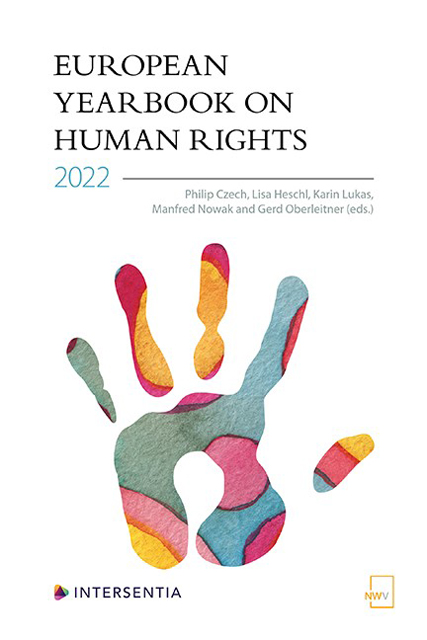Exploring Narratives about ‘Cancel Culture’ in UK Educational/Employment Settings under the ECHR
Published online by Cambridge University Press: 20 April 2023
Summary
ABSTRACT
Some advocates of free speech are currently arguing that universities and other organisations are far too prompt to accept curbs on expression or expressive acts in relation to issues such as transgender rights, racism, feminism and religious extremism. Such curbs tend to be aimed at offence-avoidance: as a result, such advocates argue that debate on these and cognate issues is, in some instances, being silenced. But other commentators oppose this view, arguing that merely allowing the airing of all sorts of views offensive to some facilitates intolerance and opposes equal dignity. Against the background of such ongoing debates on the concept of the so-called ‘cancel culture’ affecting some institutions, especially universities, this piece will interrogate various restrictions on expression that some view as linked to that concept. This contribution will then place such restrictions within the European Convention on Human Rights (ECHR) framework by considering the balance to be struck between freedom of expression as protected under Article 10 ECHR, on the one hand, and the interest of minority and/or marginalised groups not to be confronted with opinions or viewpoint-based behaviour that may denigrate them, on the other. The contribution seeks to come to some conclusions on ways to achieve this balance, taking account of the standards set by relevant ECHR jurisprudence. It will ask, fundamentally, whether or how far the concept of curbing lawful but arguably harmful expression is compatible with those standards.
INTRODUCTION
This contribution sets out to scrutinise closely conflicting narratives about so-called ‘cancel culture’ in the UK in educational and employment settings, especially in the campus context. The contested idea that a person can be ‘cancelled’ – their views excluded or expunged from public platforms, or from an employment context – has polarised debate. Certain advocates of free speech are currently arguing that educational organisations, in particular universities, and some employers, have allowed so-called ‘cancel culture’ to stifle free expression. It has been argued that some institutions are far too prompt to accept curbs on expression or expressive acts in relation to issues such as transgender rights, racism, feminism and religious extremism.
- Type
- Chapter
- Information
- European Yearbook on Human Rights 2022 , pp. 309 - 344Publisher: IntersentiaPrint publication year: 2022



